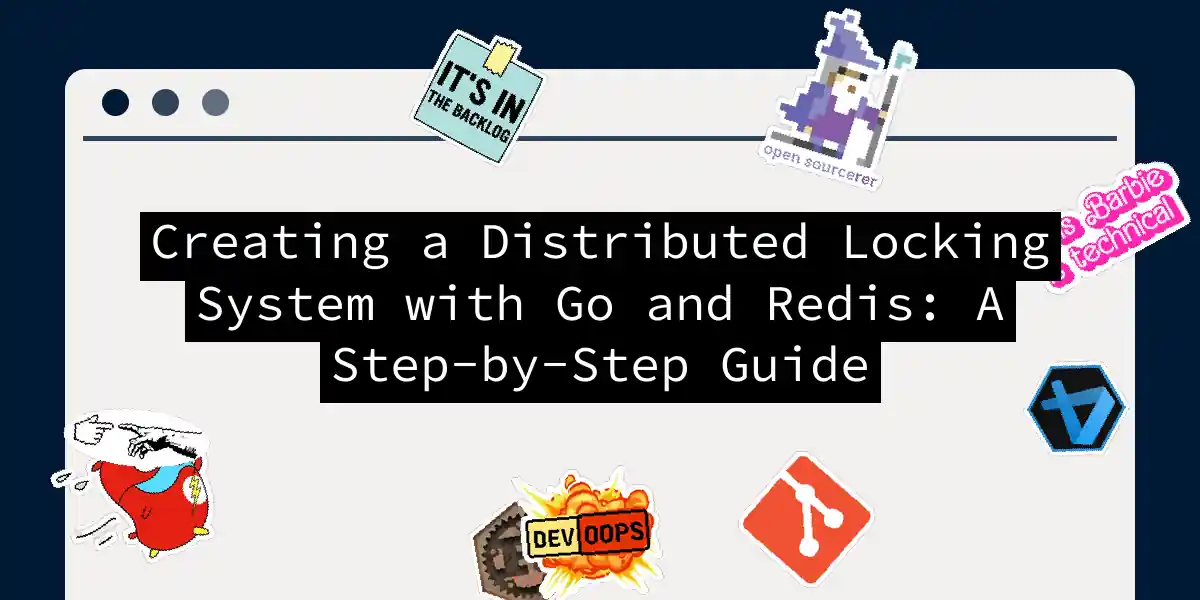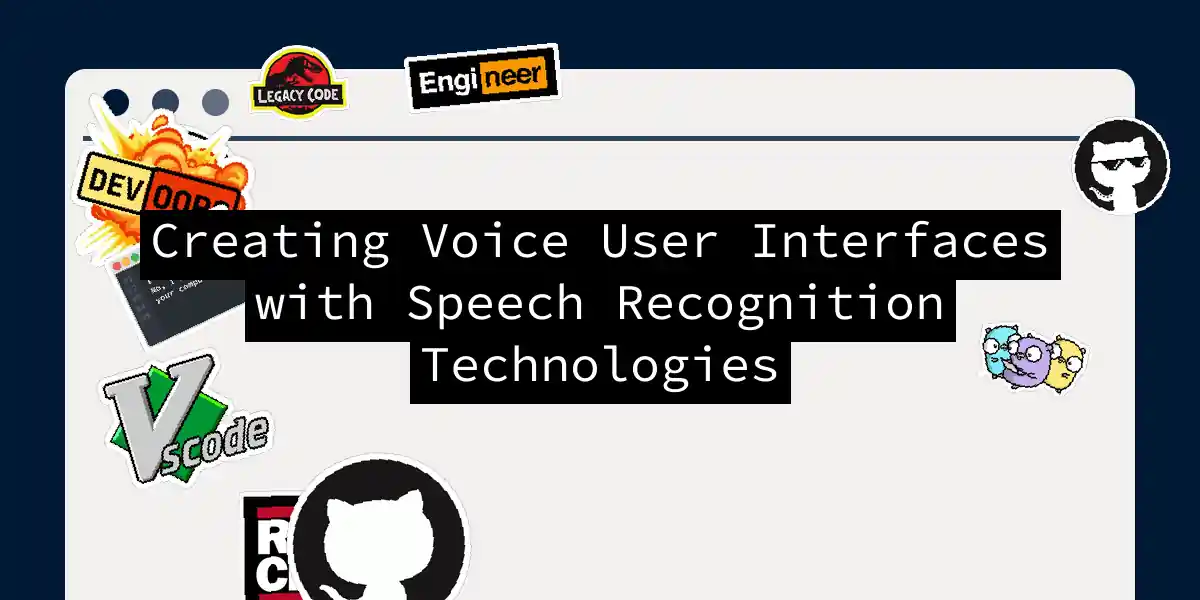
Creating a Distributed Locking System with Go and Redis: A Step-by-Step Guide
Introduction to Distributed Locks In the world of distributed systems, managing access to shared resources is a critical challenge. Imagine a scenario where multiple servers need to update a database or modify a file simultaneously. Without proper synchronization, this can lead to race conditions, data inconsistencies, and other nightmares. This is where distributed locks come into play. Why Use Redis for Distributed Locks? Redis, with its in-memory data structure store and robust set of features, is an ideal candidate for implementing distributed locks....



